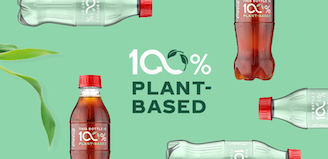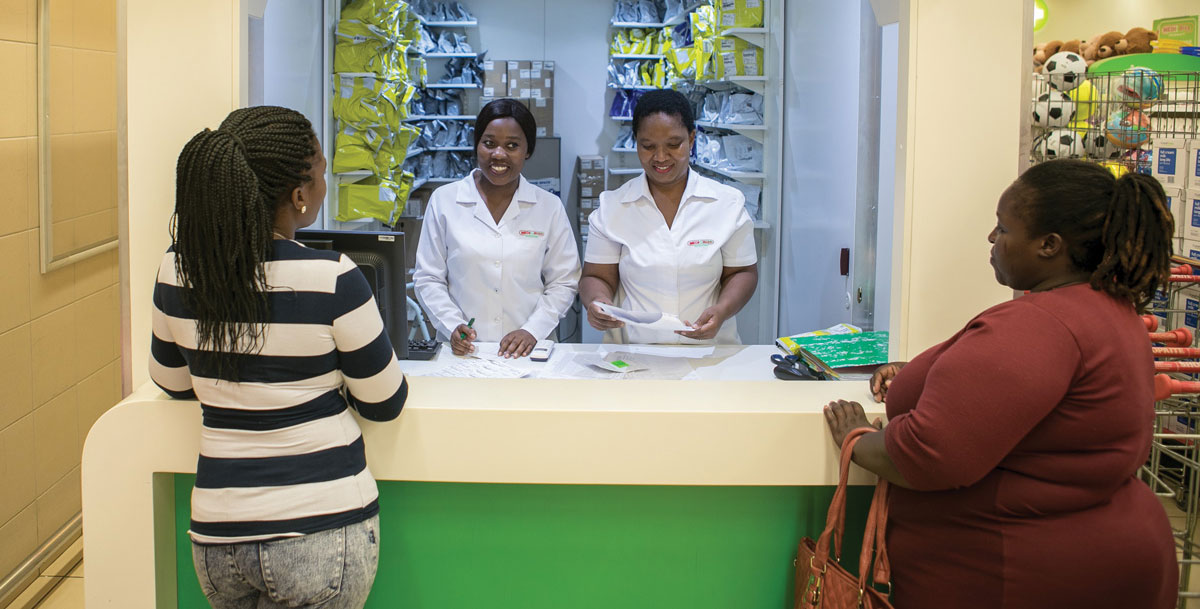Climate change is a serious threat to our business and the communities we serve, and The Coca‑Cola Company is taking action across our operations and supply chain, while partnering with businesses, NGOs and governments to support collective action. We understand that we have a responsibility to contribute to solutions by reducing our emissions and building resilience. Combatting the climate crisis is a global effort, requiring action in the United States and around the world. It will take all sectors of society from government to business to NGOs to consumers working together to meet the challenges of climate change head on through well-designed policy solutions, cross-sector partnerships and investments in innovation and infrastructure.
As world leaders meet at COP26 in Glasgow over the next two weeks to negotiate about long-term international climate action, and our own national government debates climate provisions as part of national policy, it is important to recognize business’ role in reducing carbon emissions and helping communities adapt to the impacts of climate change.
Action on climate change has long been part of our DNA. And as the world has become more attuned to the challenges of climate change, our system has increased its ambition. The Coca‑Cola Company continues to be an active participant in the collective effort to decarbonize the global economy. In 2020, we achieved our “drink in your hand” goal to reduce relative carbon emissions globally across our entire value chain by 25% against a 2010 baseline. And we developed a science-based target in partnership with third-party experts and NGOs to reduce absolute Scope 1, 2 and 3 greenhouse gas emissions by 25% by 2030 compared to 2015 levels -- a goal aligned with the Paris Climate Agreement.
In the United States, we are developing a comprehensive climate strategy that includes working to aggressively reduce our carbon footprint, while encouraging our partners and suppliers to do the same.
Getting a bottle of Coca‑Cola, Honest Tea or smartwater to market is a complex process, and each step impacts the environment. From growing ingredients, to transporting our drinks, to keeping them cold, we are taking action to reduce the emissions associated with each part of the value chain. We measure our impacts and are working towards reductions across five key areas:
Packaging: Our World Without Waste strategy is essential to meeting our science-based carbon reduction target. That’s because by light weighting our containers and using more recycled content, we create a lower carbon package. So, by striving to create a circular economy, where all bottles and cans are collected and recycled to make new ones, we’re not only addressing plastic waste, we’re also reducing our carbon footprint. To ensure our packaging is collected, we support well-designed collection systems as an efficient and effective means of recovering our packaging, investing in recycling infrastructure and education. Recycling old packages into new packages is the most direct way to reduce use of natural resources, keep packaging in the economy while out of the environment and decarbonizing our packaging footprint. This circular system helps ensure that all embedded carbon in our bottles and cans is not lost to landfill but is instead repurposed.
Refrigeration: Refrigeration contributes carbon emissions, but our new coolers are HFC-free, which means that the refrigeration technology is climate friendly, and our high-efficiency or Energy Star rated coolers use less energy to keep our beverages cold until consumers purchase them.
Ingredients: By working with agricultural suppliers to reduce water use and implement farm practices that protect land and watersheds, we are enabling the natural ecosystem to sequester carbon while building resilience to temperature changes. We support the Field to Market (FtM) supply chain management program for farmers representing 1 million acres (100% of our U.S. high fructose corn syrup supply). Using FtM’s Fieldprint Calculator, farmers can determine their impacts on land use, energy use, irrigation water use, water quality, soil conservation, soil carbon, and greenhouse gas emissions.
Manufacturing and Distribution: Over the past 10 years, we have experimented with ways to reduce our carbon footprint across our manufacturing operations and fleet. We are pursuing additional improvements by investing in more fuel-efficient vehicles and renewable energy/energy efficiency.
In addition, we are taking action to prepare for climate risks that can affect our operations and communities where we operate. For example, our water replenishment work not only ensures that we balance water used in our beverages and their production, but also helps build climate resiliency by restoring watersheds. And we continue to partner with NGOs like World Wildlife Fund (WWF) to conserve freshwater resources and Business for Social Responsibility (BSR) to design a new business-to-business accelerator platform focused on climate resilience and mitigation.
Earlier this year we joined the “We Mean Business” coalition led by CERES to call on the Biden administration to adopt the ambitious and attainable target of cutting greenhouse gas (GHG) emissions by at least 50% below 2005 levels by 2030. This is critical to achieving our own climate goals.
Climate change is already affecting our business and the communities in which we operate. In recent years, we’ve taken big steps to reduce emissions in our operations and working with our suppliers to help them decarbonize their operations too. We know there’s more to do, but that’s why we’ve committed to science-based carbon reduction targets.



